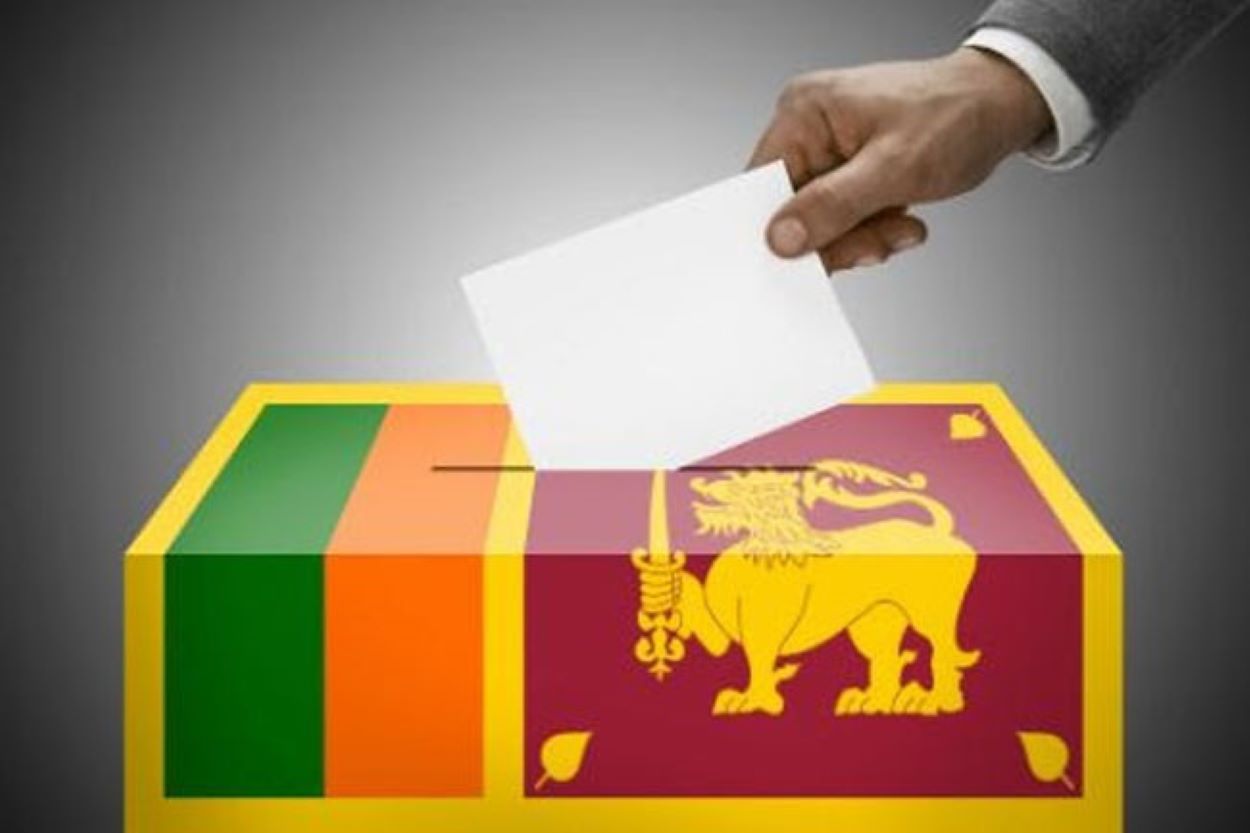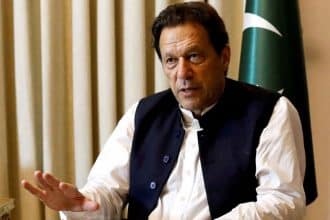Sri Lanka, facing severe financial challenges, will elect its next president on Saturday. This election is widely seen as a referendum on the controversial austerity measures linked to an IMF bailout.
President Ranil Wickremesinghe has called for a renewed mandate to pursue austerity measures he claims have stabilized the economy and alleviated shortages of food, fuel, and medicine. “We must persist with reforms to end bankruptcy,” Wickremesinghe stated at his final rally in Colombo.
He credited his administration with restoring order following the 2022 civil unrest, resulting in his predecessor fleeing the country. “Decide if you want to return to the period of terror or progress,” he added.
However, his tax increases and spending cuts, part of a $2.9-billion IMF agreement, have placed significant burdens on the populace.
Experts note that Sri Lanka’s economy remains fragile, with foreign debt payments on hold since the 2022 default.
This week, the International Crisis Group remarked that the election will largely gauge public opinion on Wickremesinghe’s handling of the crisis and the modest recovery that followed.
Criticism has arisen over the austerity measures, perceived by many as unjust, exacerbating public hardship.
As the election campaign concluded Wednesday night, a 56-day campaign period ended, leading into a two-day cooling-off phase before Saturday’s vote.
Approximately 17.1 million citizens are eligible to vote, with over 200,000 officials and 63,000 police deployed for election duties.
Among Wickremesinghe’s challengers is Anura Kumara Dissanayaka, of the Marxist party with a turbulent history. Dissanayaka has garnered support despite its violent past with promises to overhaul the political system.
Sajith Premadasa, another opposition leader, has also emerged as a strong contender, focusing on transparency and anti-corruption measures. A former ally of Wickremesinghe, Premadasa has vowed to renegotiate terms with the IMF to alleviate burdens on professionals.
The IMF has recognized some economic improvements, with inflation dropping below 5% from a peak of 70% during the crisis. However, the IMF’s Julie Kozack emphasized the importance of protecting these gains, noting, “A lot of progress has been made, but the country is not out of the woods yet.”






